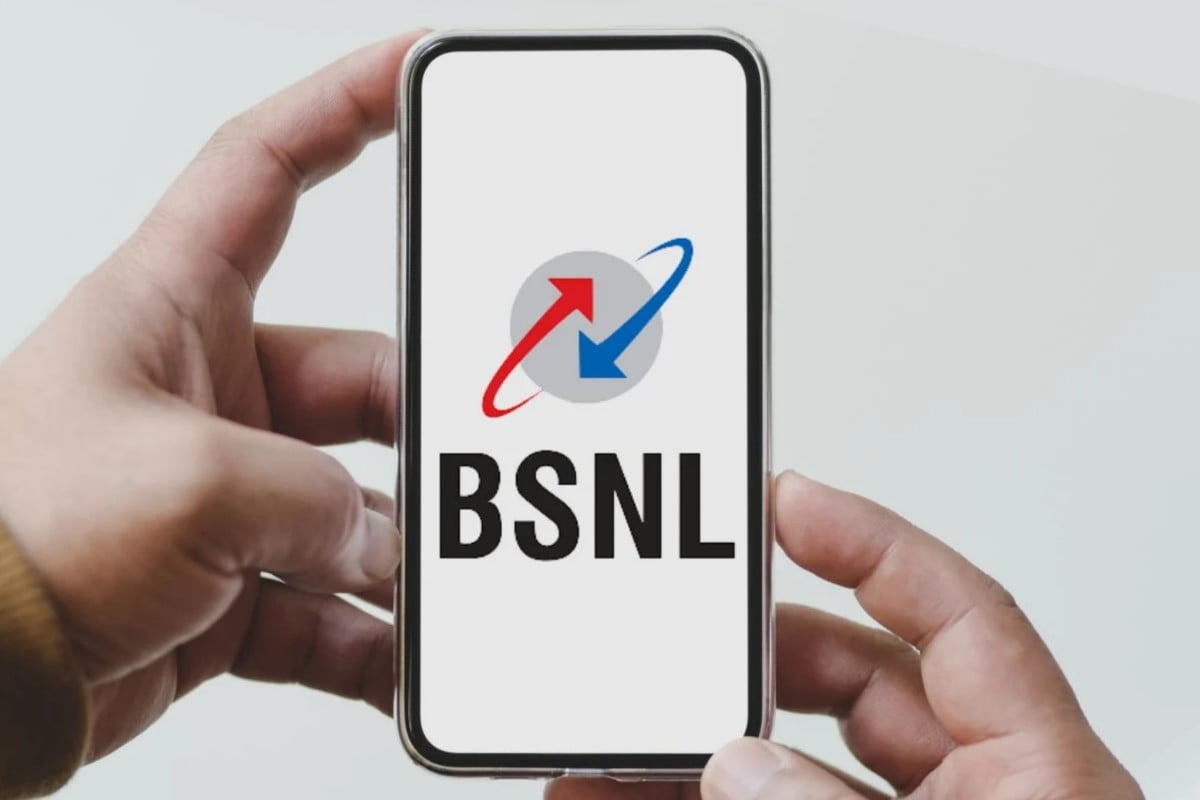
Bharat Sanchar Nigam Limited (BSNL) is going to power the 4G networks in rural India. The government of India set up a Universal Service Obligation Fund (USOF) to bring connectivity to backward or rural areas where private companies don't want to invest as there's no decent return on investment (ROI). USOF is meant to bridge the digital divide that exists in India. The telecom companies have to contribute to the USOF every quarter through their license fees.
BSNL will be taking the help of USOF to provide 4G services in the rural areas of India. Over 6,279 villages in the country with 2G and 3G networks will soon be upgraded to 4G, and all upgradation costs will be fueled through the USOF. A total of Rs 26,316 crore will be used from the USOF to bring mobile connectivity to 24,680 villages in the nation. BSNL will be using a homegrown technology stack for 4G.
Read More - BSNL Bharat Fibre Waives Off Installation Charge for Broadband Connections
BSNL's 4G Launch is Quite Far Away
However, BSNL's 4G network launch is still quite far away. The state-run telco is working with the Tata Consultancy (TCS) and the Centre for Development of Telematics (C-DoT) to launch homegrown 4G. However, TCS has not even started the field trials yet. BSNL India has confirmed that its 4G launch is going to happen in the second half of 2023.
So, even for the connectivity in rural areas, as long as BSNL doesn't move ahead with 4G, nothing is going to happen. As long as there's a digital divide in the nation, the digital economy's growth will be limited. To harness the full potential of the youth in India, the digital divide needs to be closed. USOF is a great initiative from the government; however, BSNL needs to move fast in order to get the best out of it.
BSNL's 4G will be covered in the entire nation within 18 to 24 months from the date it starts rolling out. Thus, we can expect that the state-run telecom company will not be able to cover India with its homegrown 4G anytime before late 2025. By then, several hundred million mobile phone users in India would have moved to 5G network services.
BSNL has said that the technology stack that they will deploy is easily upgradable to 5G as well. The state-run telco has also asked the government to double the amount of spectrum that's reserved for it to roll out 5G services.















